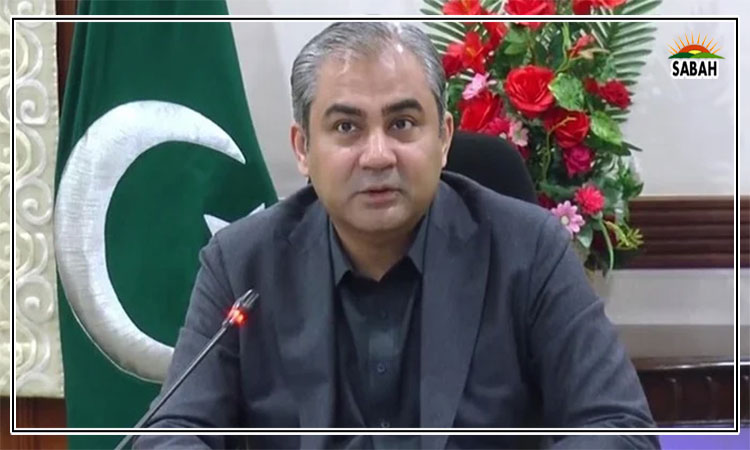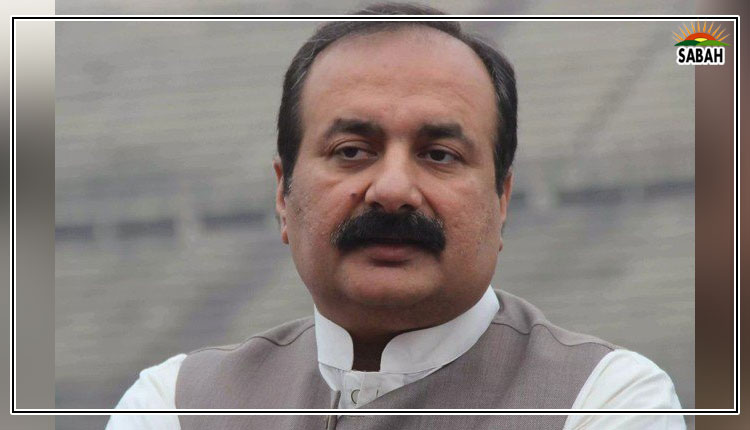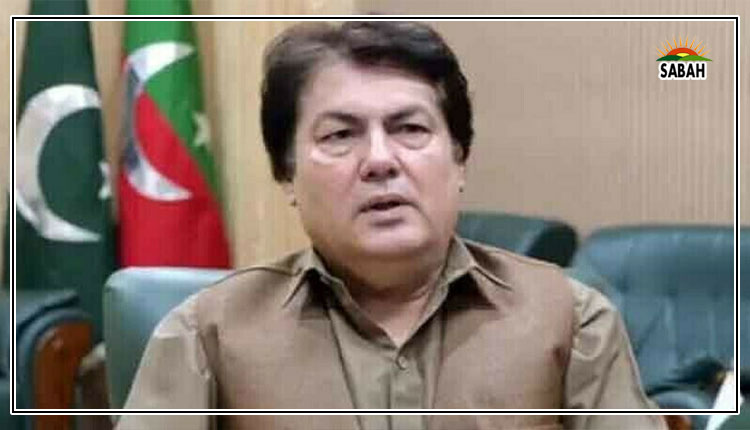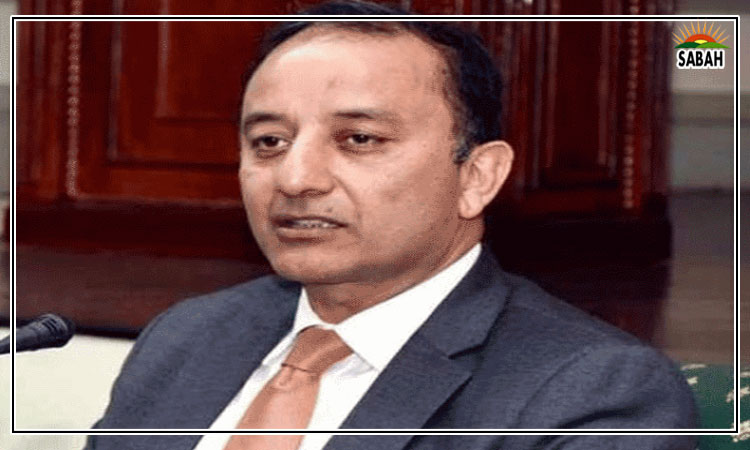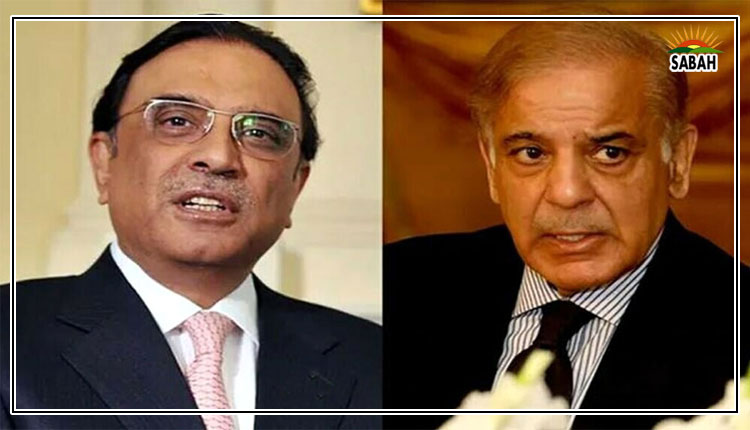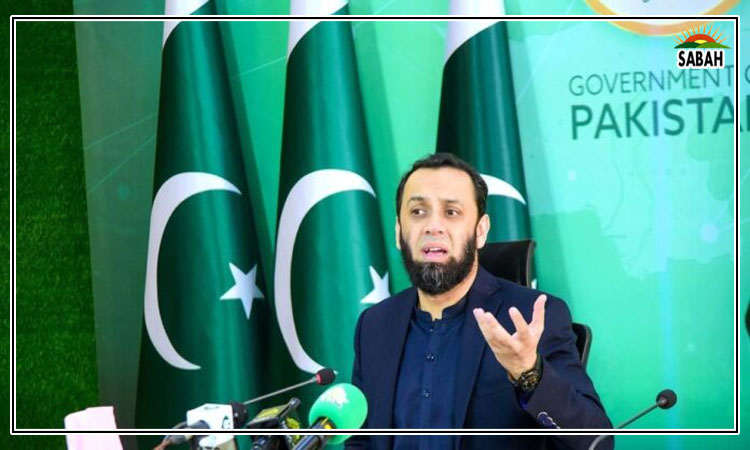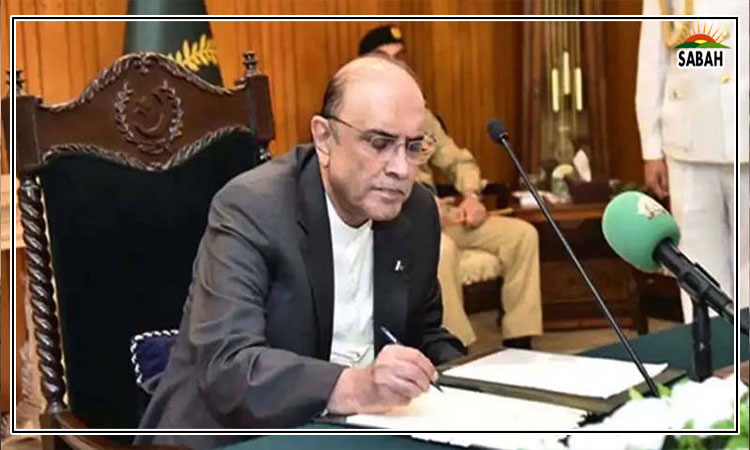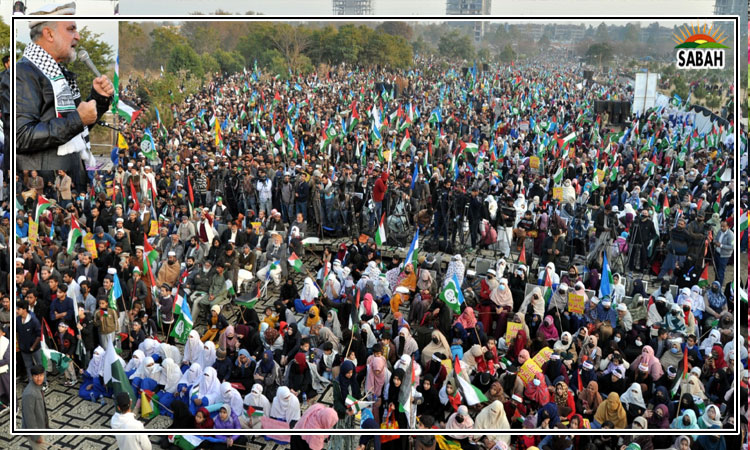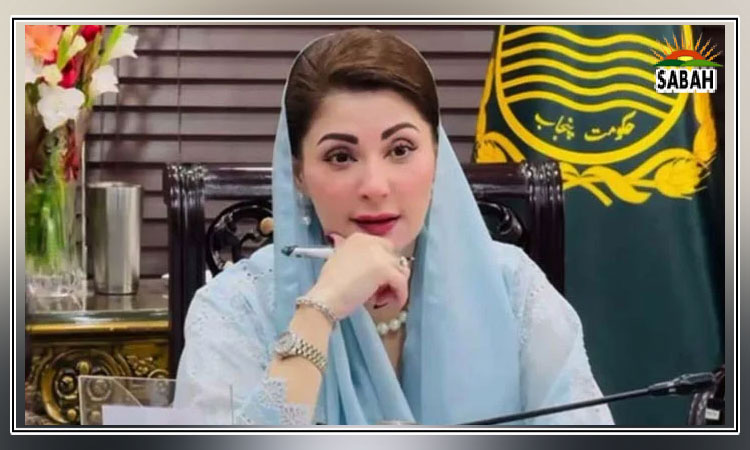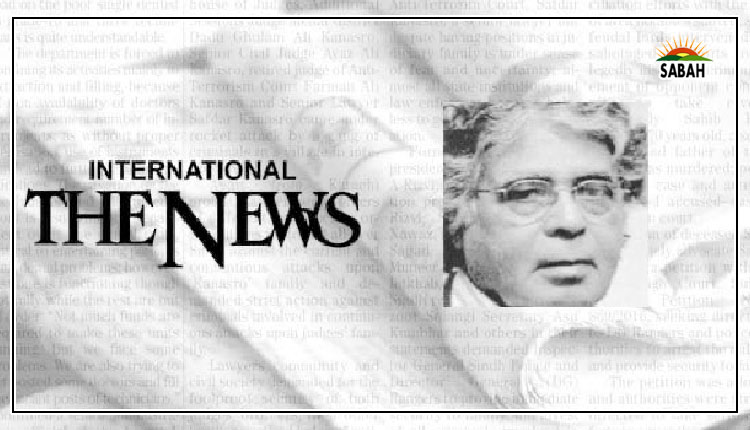Lives people live…Ghazi Salahuddin
An ominous moment it was at around midnight when they finally announced their consensus to form the new government and agree on names for major positions at the helm of the state. And though the deal was foretold, there was an ample sense of drama when a joint PML-N and PPP press conference was held late on Tuesday night at Zardari House in Islamabad.
What would be an obvious arrangement took twelve very long days to be finalized. But this new beginning is still dogged by the uncertainties the disputed elections have spawned. The Election Commission of Pakistan is in the process of hearing about 300 challenges to its preliminary results.
Can the pieces of the political puzzle finally fall together? Not very likely, of course. We have our history of elections that are sought to be managed or others that throw up unintended results. Whatever the elections are meant to achieve, we have the gift of arriving at the opposite end of it. That is how the launching of a creatively designed alliance is also looking like a phantom of instability.
I said that the moment was ominous. What was the urgency of holding the press conference at that hour when so much time seemed to have been at their disposal to hold one consultation after another? Was there a deadline to meet? Or did they suddenly realize that time was precious and it was now slipping away? And did the sense of urgency dawn on them at that hour of midnight?
So, we now have to wait for the momentum to be picked up by the new formations. Even when everything appears to be unresolved and indefinite, there is not a moment to be wasted. Stating this has become a cliche but this country is in dire straits and even when we are condemned to be governed by the same people, our survival would depend on the oxygen of new ideas and the execution of new strategies.
Naturally, that midnight press conference was the breaking news of the week. The entire media was readily throbbing with excitement. A new round of speculation about how the political scenario would change was set into motion. Many observers invoked the experience of that interim PDM government with Shehbaz Sharif as the prime minister and suggested that it would be an action replay of that alliance. However, the vital difference is that the PPP will not join the federal cabinet.
In the midst of all this thrill that is continuing with the critical consequences of the midnight press conference, what is there for the ordinary citizens of the country who constitute the flesh and blood of our society? Where do they figure in this game? Do they really matter?
Technically, elections are all about them. Every one of them, provided they are eighteen and above, is a legitimate voter and this is a position of power in any genuine democracy. We may not be a functioning democracy in many ways, but people are still entitled to cast their votes. They talk about the will and the power of the people. The preamble of the US constitution begins with these words: We the People.
But this concept of the empowerment of the people is alien to our system. So many of them are not adequately aware of the rights and responsibilities of the citizens. Just the rigour of living, every day being a battle for survival, has effectively dehumanized a large section of the population.
In the run up to the February elections, I could not make out any electoral excitement or involvement in any political campaign on the part of the people on the streets. Since my early years in journalism, I have strived to remain close to the people. Walking through crowded bazaars and participating in public gatherings, while talking to strangers, is a favourite pastime. These people feel ignored and abandoned and see little hope for a change in their condition. At present, poverty and inflation have grabbed them by the neck. They can hardly breathe.
In my view, it is a matter of considerable significance that a little more than half of the registered voters did not cast their votes on February 8. Considering the frenzy with which news channels cover politics, at the cost of exploring the realities of Pakistan, one would think that this country is fully engaged in politics and related developments.
Incidentally, being a journalist also allows me to peep into the gilded lives of the rich and the famous. It is an agonizing experience of a different kind. The obscene manner in which wealth is flaunted in this country, without any regard for social justice, raises thoughts that cannot be easily expressed.
There is a third angle to which I am also exposed as a journalist. There are so many courageous and committed individuals who have dedicated their lives to social development. One could say that in this vast sphere of darkness, there are occasional glints of light. But these endeavours, inspiring as they are, can hardly defeat the gloom that is spreading.
By way of concluding my thoughts about the social degradation of Pakistani society that the politicians do not very much care about, let me conclude with the observations of a close relative who visited this week a health project in a rural community of Sindh. This project is run by a group of Pakistani physicians working in the United States.
According to the doctors serving this community, the most urgent problem is that of addiction opium for men and gutka for women. It is widely present and the consequences are devastating. In urban areas, drug overdosing is a growing concern. About 700 people die every day in the country due to drug overdosing-related complications.
Pakistan does not fare well in the democracy index. It is one of the top ten nations with the greatest prevalence of opioid addiction. And this is only one social indicator. Do rigged elections belong in this list?
Courtesy The News


